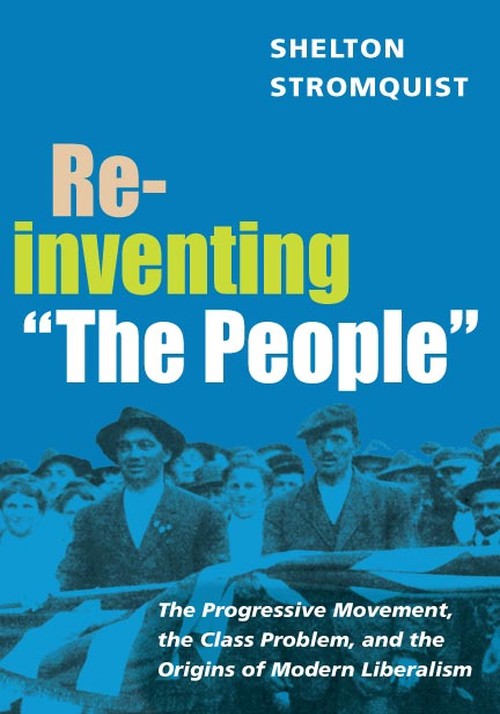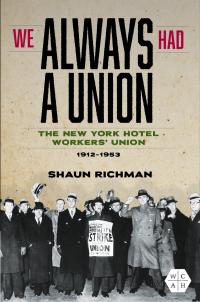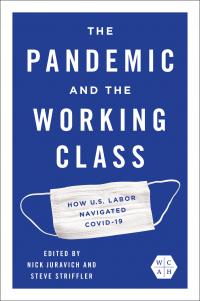
Reinventing "The People"
Cloth: 02/13/2006
About the Book
A comprehensive study of the Progressive movement, Reinventing "The People" contends that the persistence of class conflict in America challenged the very defining feature of Progressivism: its promise of social harmony through democratic renewal.Shelton Stromquist profiles the movement's work in diverse arenas of social reform, politics, labor regulation and so-called race improvement. While these reformers emphasized different programs, they crafted a common language of social reconciliation in which an imagined civic community--"the People"--would transcend parochial class and political loyalties. But efforts to invent a society without enduring class lines marginalized new immigrants and African Americans by declaring them unprepared for civic responsibilities. In so doing, Progressives laid the foundation for twentieth-century liberals' inability to see their world in class terms and to conceive of social remedies that might alter the structures of class power.
Reviews
"Reinventing 'The People' is the clearest, most focused synthesis on Progressivism to appear in recent years. For those coming to the book from a labor history background, it will most likely reinforce conclusions already made. But for those historians with other specialties, the volume should stir a rethinking of the movement. . . . This is a book that should be read by all students of the period."--Labor History"An impressive survey, analysis, and critique of the Progressive movement that will both inform and spark further inquiry. Highly recommended."--Choice
"This book will be welcomed by labor, urban, political, and immigration historians, among others, as a solid contribution that sheds light on the Progressives' attitudes on various issues, but particularly on class."--Journal of American History
"Stromquist offers an elegant synthesis of recent work on the Progressive movement and a nuanced analysis of the importance of class for understanding reform. Integrating scholarship in political, urban, women's and labour history with insightful archival investigations, Stromquist captures key tensions at the heart of progressivism. . . . Stromquist ultimately offers a hopeful vision of class-based reform that might have been."--Left History
"[Stromquist] has added to our understanding of early twentieth-century reform and its limits. In compelling fashion, he documents a significant strain of progressivism that fit poorly with, and thereby undercut, politics driven by class conflict."-James Connolly, Journal of the Gilded Age and Progressive Era
"This is an interesting, ambitious, and challenging study. It should help to reawaken much needed interest in the roles of political economy and class in American history and history more generally."--International Review of Social History
Blurbs
"Outstanding. Shelton Stromquist covers the entire range of the movement's concerns, fairly and masterfully synthesizing the most current literature and infusing this synthesis with learned insights derived directly from archival records left behind by leading Progressive reformers. This brilliant and thought-provoking survey of Progressivism should serve as the starting point for students of this movement for many years to come."--Joseph A. McCartin, author of Labor's Great War: The Struggle for Industrial Democracy and the Origins of Modern American Labor Relations













